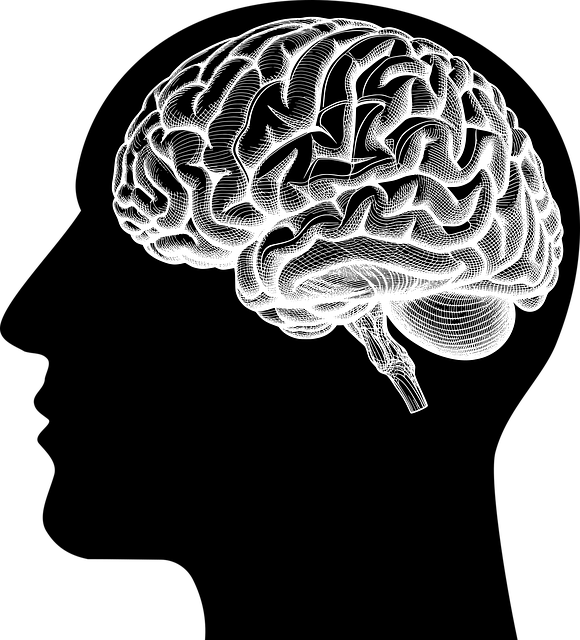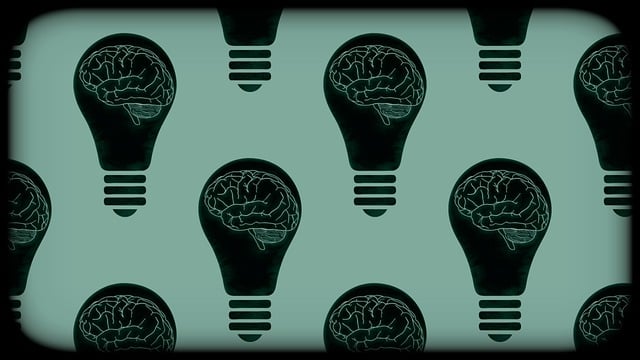Elderly individuals with eating disorders (TEED) face unique challenges, including age-related physiological changes, reduced mobility, and cognitive decline, which hinder access to support services. Effective TEED therapy requires addressing depression, stigma, and co-occurring mental illnesses through tailored resilience-building interventions that consider these age-specific issues. Evidence-based therapies like CBT, DBT, and EMDR, offering adaptive thinking, emotional regulation, and traumatic memory processing, are gaining popularity. Specialized support services focusing on trauma-informed care, self-care routines, and mind-over-matter principles significantly improve recovery outcomes and quality of life for seniors with TEED.
“Trauma support services play a pivotal role in addressing eating disorders among the elderly, offering specialized care tailored to their unique needs. This article delves into the intricate world of understanding and treating these complex conditions. We explore the distinct challenges faced by elderly individuals with eating disorders and how trauma-informed therapy approaches can revolutionize their journey towards recovery. Furthermore, we provide insights into implementing effective support services, highlighting best practices for healthcare professionals aiming to offer comprehensive treatment for trauma-related eating disorders in an eldercare setting.”
- Understanding the Unique Needs of Elderly Individuals with Eating Disorders
- Available Trauma-Informed Therapy Approaches for Elders
- Implementing Effective Support Services for Trauma-Related Eating Disorders in an Elderly Population
Understanding the Unique Needs of Elderly Individuals with Eating Disorders

Elderly individuals with eating disorders present unique challenges when accessing trauma support services. As age advances, physiological and cognitive changes can complicate the presentation and management of eating disorders. For instance, medical conditions often associated with aging, such as dental issues or reduced mobility, may impact feeding abilities and overall nutritional status. Additionally, elderly patients might experience a diminished capacity for self-care, further exacerbating their vulnerability.
Understanding these nuances is vital to providing effective therapy for elders with eating disorders (TEED). Depression prevention and mental illness stigma reduction efforts are crucial components of care, as these conditions often coexist with eating disorders in the elderly population. Resilience building interventions tailored to address age-related challenges can significantly enhance recovery outcomes. Through culturally sensitive approaches that consider their unique circumstances, support services can foster a sense of dignity, autonomy, and well-being among this vulnerable group.
Available Trauma-Informed Therapy Approaches for Elders

Trauma-informed therapy approaches specifically tailored for elders are gaining recognition as valuable tools in addressing the unique challenges this demographic often faces. These therapies, which include cognitive behavioral therapy (CBT), dialectical behavior therapy (DBT), and eye movement desensitization and reprocessing (EMDR), have shown promise in treating various forms of trauma. Among these, CBT equips elders with adaptive thinking patterns to manage trauma-related symptoms, while DBT combines cognitive techniques with mindfulness practices to enhance emotional regulation skills.
For seniors struggling with eating disorders, which can be both a manifestation and coping mechanism for underlying trauma, these therapy approaches offer promising avenues for recovery. By incorporating confidence-boosting strategies from CBT and conflict resolution techniques from DBT, therapists can empower elders to develop healthier coping mechanisms while promoting emotional well-being. EMDR, too, has proven effective in helping individuals process traumatic memories and reduce their impact on daily life, making it a valuable addition to the trauma support toolkit for older adults.
Implementing Effective Support Services for Trauma-Related Eating Disorders in an Elderly Population

Implementing effective support services for trauma-related eating disorders among the elderly is a critical aspect of ensuring holistic care. These individuals often face unique challenges due to their age and potential co-occurring traumatic experiences, necessitating specialized approaches. One such service is tailored therapy that incorporates mind over matter principles to address the psychological roots of eating disorders. Therapists can help seniors process and overcome trauma, fostering mental wellness and a healthier relationship with food.
Additionally, establishing structured self-care routine development programs within senior care settings can significantly aid in recovery. Such routines should promote mindfulness, stress reduction techniques, and healthy coping mechanisms, all of which contribute to better mental health outcomes. By combining targeted therapy sessions and comprehensive self-care practices, support services can effectively manage trauma-related eating disorders, enhancing the overall quality of life for elderly individuals affected by these conditions.
Trauma support services for elderly individuals with eating disorders require a nuanced approach that recognizes their unique needs. By implementing trauma-informed therapy approaches, such as cognitive behavioral therapy and eye movement desensitization and reprocessing, we can effectively address the root causes of these complex conditions. Ensuring access to specialized care and fostering supportive environments are essential steps in revolutionizing the provision of services for this vulnerable population, ultimately enhancing their quality of life and recovery outcomes. Additionally, continued research and training in trauma-focused interventions for elders with eating disorders are vital to staying at the forefront of this evolving field, thereby offering hope and healing to those who need it most.














